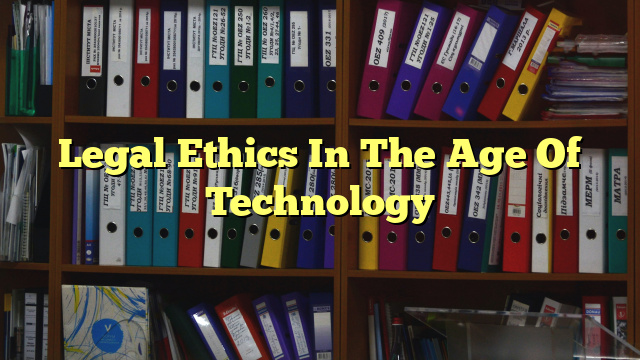Table of Contents
1. Introduction
Technology has become an integral part of our lives, impacting various aspects including the legal and ethical frameworks within which we operate. This article explores the intersection of technology, law, and ethics, and delves into the implications and challenges that arise in the age of technology.
2. The Law and Ethics of Technology
The law and ethics of technology refer to the rules and principles that govern the use, development, and application of technology in society. It involves understanding the legal framework surrounding technology, as well as the ethical considerations that arise when utilizing technology in various contexts.
3. Ethics in the Use of Technology
Ethics in the use of technology involves considering the moral implications and responsibilities associated with the utilization of technology. This includes issues such as privacy, security, data protection, and the impact of technology on individuals and society as a whole. Ethical considerations guide individuals and organizations in making responsible decisions when using technology.
4. Examples of Ethics in Technology
There are numerous examples of ethics in technology. One example is the ethical use of artificial intelligence (AI) and machine learning algorithms. It is important to ensure that these technologies are developed and implemented in a way that is fair, transparent, and unbiased, and that they do not perpetuate existing biases or discriminate against certain groups.
Another example is the ethical use of personal data. With the increasing collection and analysis of personal data, it is crucial to respect individuals’ privacy rights and protect their data from unauthorized access or misuse.
5. How Technology has Affected the Law
Technology has significantly impacted the law, both in terms of its application and the challenges it presents. For example, the rise of the internet and digital communication has necessitated the development of new laws and regulations to address issues such as cybercrime, online privacy, and intellectual property rights.
Additionally, technology has changed the way legal professionals work. The use of legal research databases, e-discovery tools, and virtual courtrooms has streamlined legal processes and improved efficiency. However, it has also raised questions about the ethical use of technology in the legal profession and the potential for job displacement.

